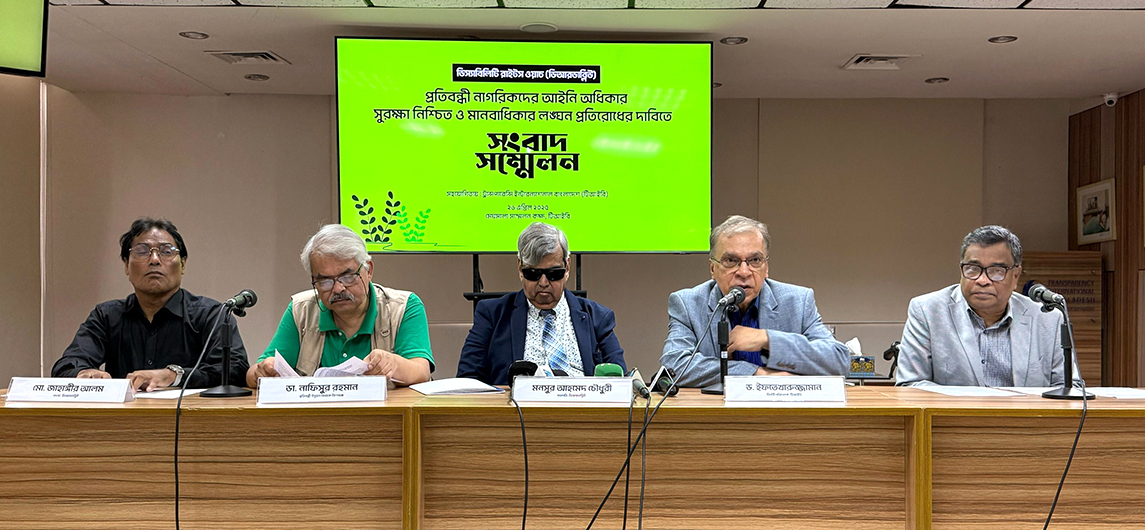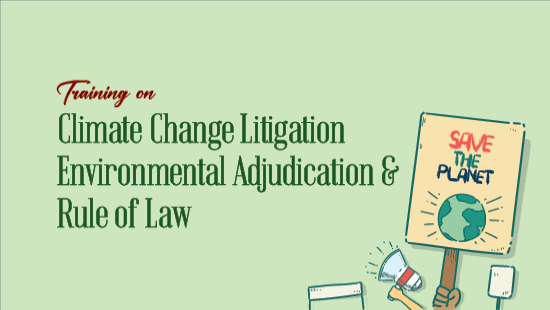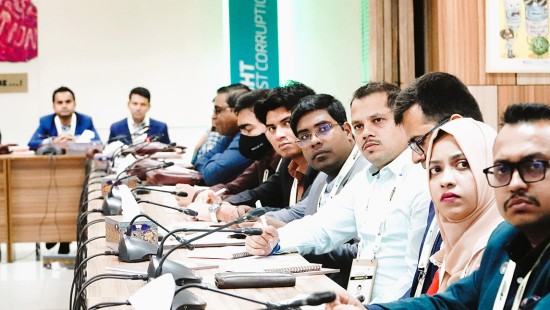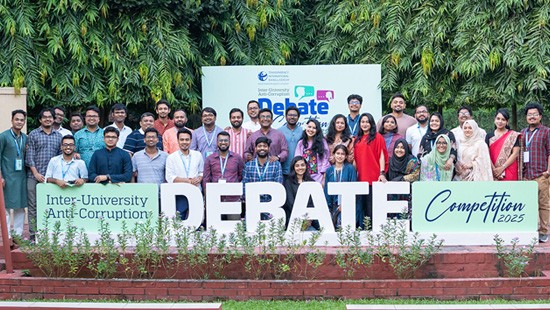Published: 27 April 2025
"In a country of 180 million people, over 20 million are citizens with disabilities. Anti-discrimination movements have spurred many political parties to action. They must remember that these citizens also possess voting rights," asserted Monsur Ahmed Chowdhury, President of Disability Rights Watch (DRW). "National development cannot be achieved by sidelining such a significant portion of our population. Disability can affect anyone at any stage of life; so when it comes to the question over their rights, there is no room for neglect."
His powerful speech set the tone at a poignant press conference held on 26 April 2025, at the Transparency International Bangladesh (TIB) office, where DRW highlighted Bangladesh's persistent neglect in safeguarding the rights of persons with disabilities (PWDs) and implementing international commitments. Demanding to be heard as holders of basic human rights rather than recipients of charity, DRW put forward 8-point recommendations to the interim government. At the press conference titled "Demanding Legal Rights, Ensuring Protection, and Preventing Human Rights Violations of Citizens with Disabilities,” Disability rights advocates expressed deep frustration that despite previous submissions, including a direct meeting with Chief Advisor Dr. Muhammad Yunus last November, no tangible actions were taken.
DRW warned that neglecting PWDs jeopardizes the achievement of Sustainable Development Goals (SDGs), citing the largely unimplemented 2019 ‘National Action Plan on Disability’ and "almost dysfunctional" national-level oversight committees.
Broken Promises in a "New Bangladesh"
"We submitted our recommendations in writing, yet not a single one has been implemented by the Ministry of Social Welfare or the Chief Advisor's office. We hope this press conference finally brings these critical issues to the interim government's attention,” Khandaker Jahurul Alam, Member Secretary of DRW, stated with frustration.
Such a situation was lamented by the rights body collectively as it hoped for a paradigm shift after political changes. Dr. Nafeesur Rahman, a disability development expert, added that while Bangladesh ratified the UN Convention on the Rights of Persons with Disabilities (UNCRPD) in 2007 and enacted its own protective Act in 2013, "progress in actual implementation has been minimal. "What is more disappointing is the matter that regular implementation reports as per international commitments were never sent out by the committees assigned,” he added.
A Roadmap for Inclusion: The 8-Point Agenda
DRW's 8-point agenda aims to foster genuine inclusion. It calls for reassigning ministerial responsibilities for disability education and health, and activating implementation committees. The agenda demands robust UNCRPD monitoring, inclusion of PWD-specific data in SDG reporting, increased budget allocations for PWDs in education, health, and skills, reinstatement of a 1% government job quota, reconstruction of the National Disability Development Foundation, and a dedicated sports federation for PWDs.
More Than Numbers: Human Rights and Political Will
Dr. Iftekharuzzaman, Executive Director of TIB, delivered a powerful concluding message, reframing the discourse entirely. "The rights of people with disabilities are not charity; they are fundamental human rights that must be ensured. As a prerequisite, there should also be change in the mindsets of the society," he noted. "The movement for disability rights must be integrated into the broader advocacy for the rights of all people. The recent anti-discrimination movement was not merely against the quota system; its fundamental spirit was to eradicate discrimination in all its forms."
His frustration was palpable. "We are aggrieved that these recommendations have not been implemented in the ‘New Bangladesh’. We are again presenting the set of recommendations, and DRW will formally submit them to the relevant departments and the Chief Advisor's office once more."
As DRW and TIB vow to persist, the question remains if the government will finally heed this call to transform Bangladesh into a truly inclusive society. The well-being of millions, and the nation's claim to equitable progress, hang in the balance.








